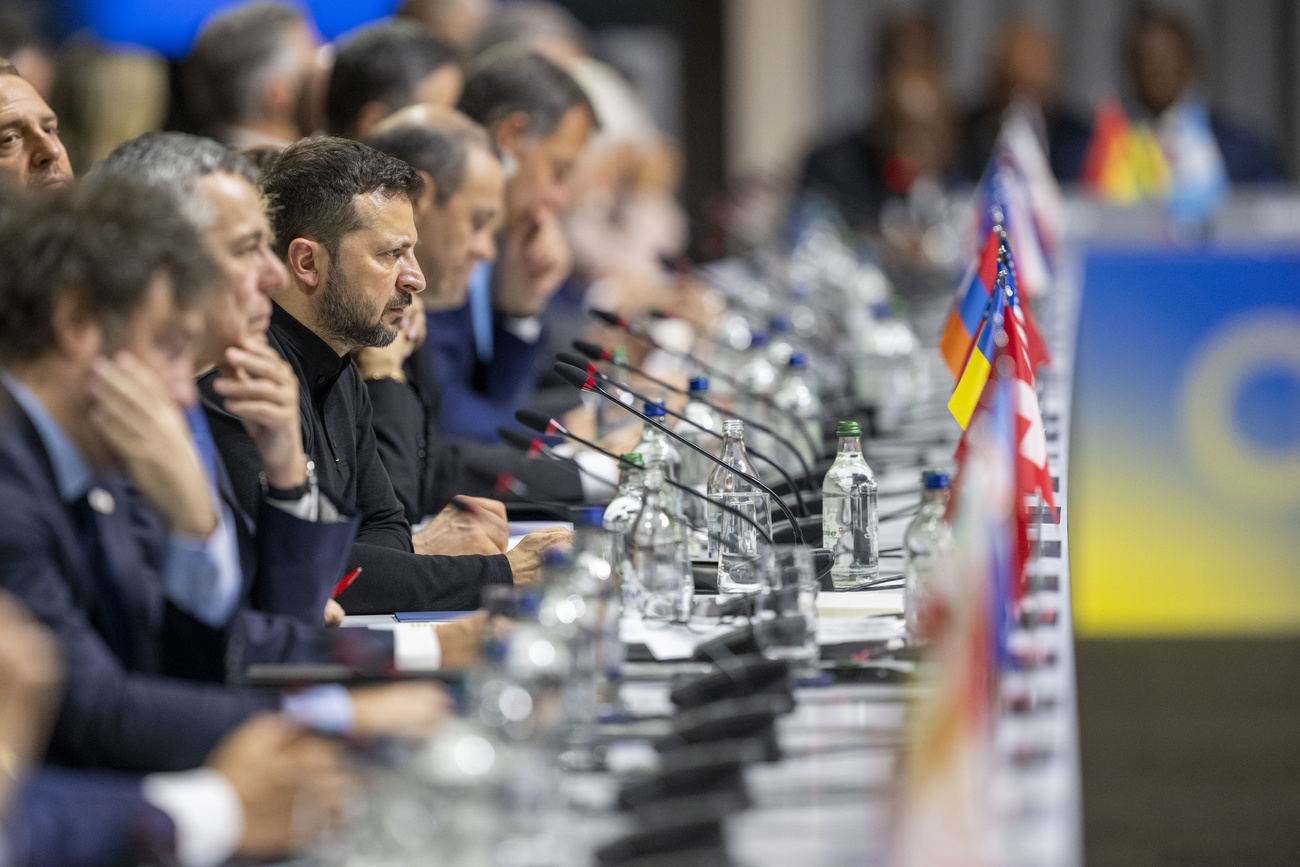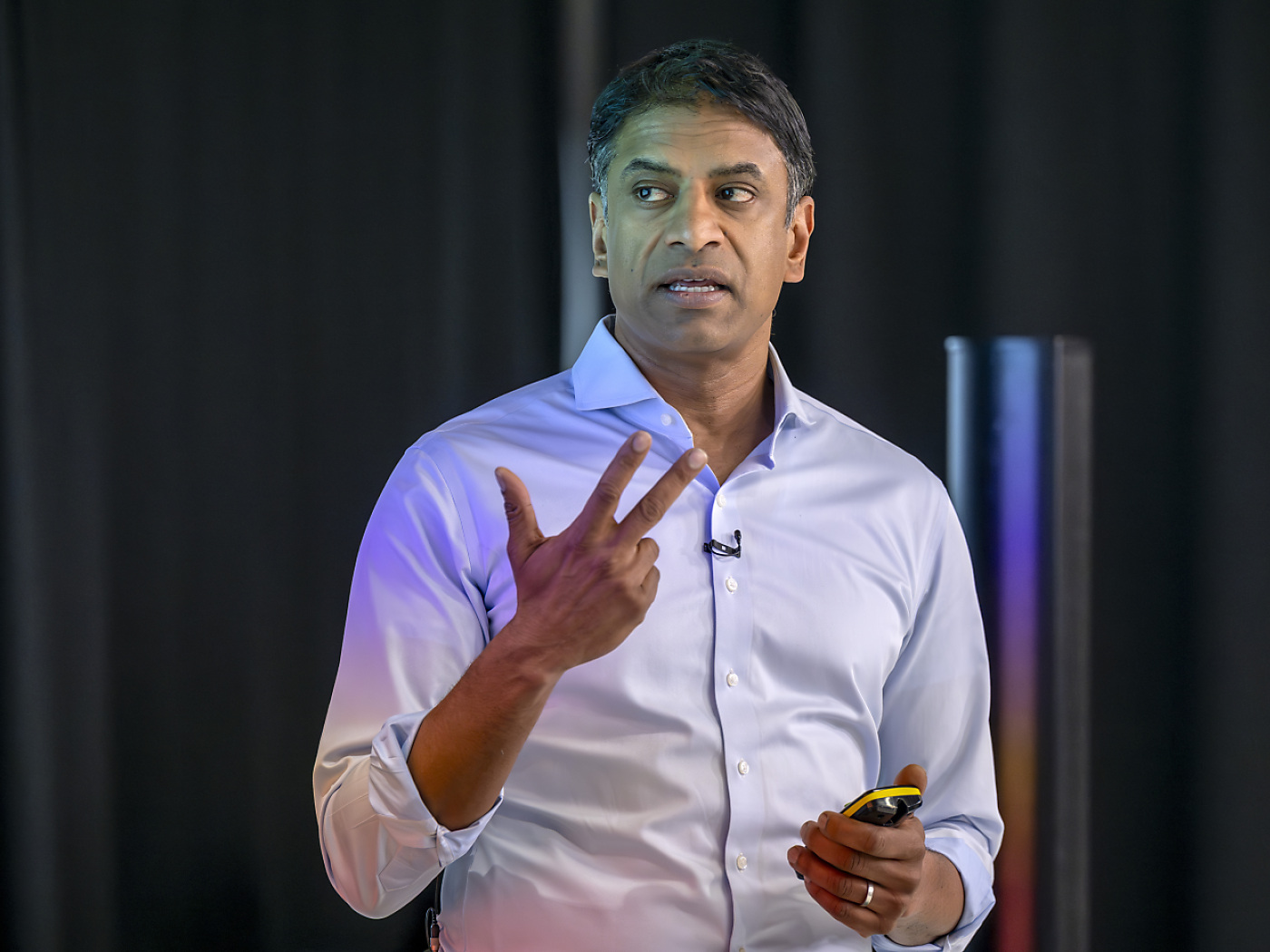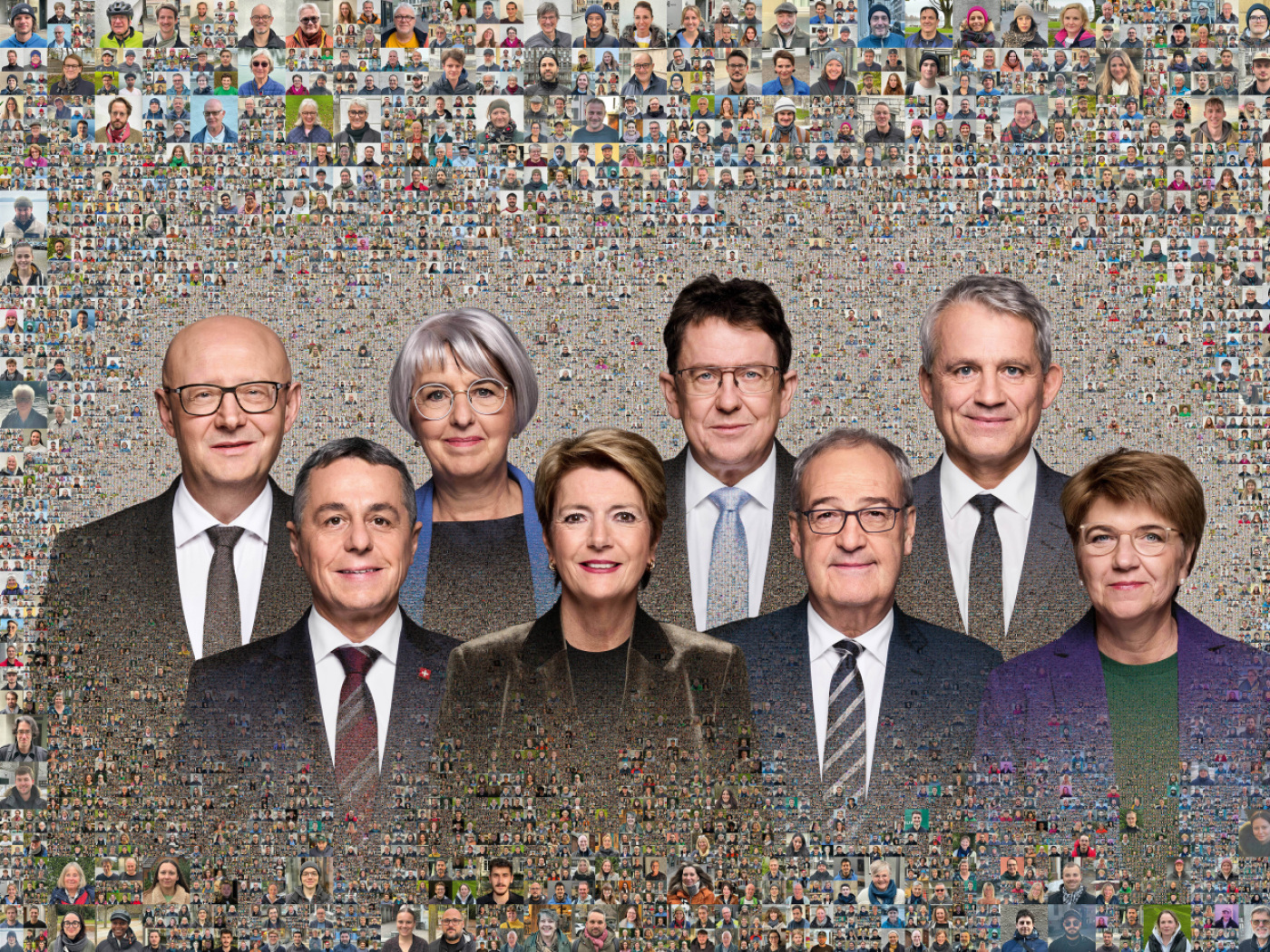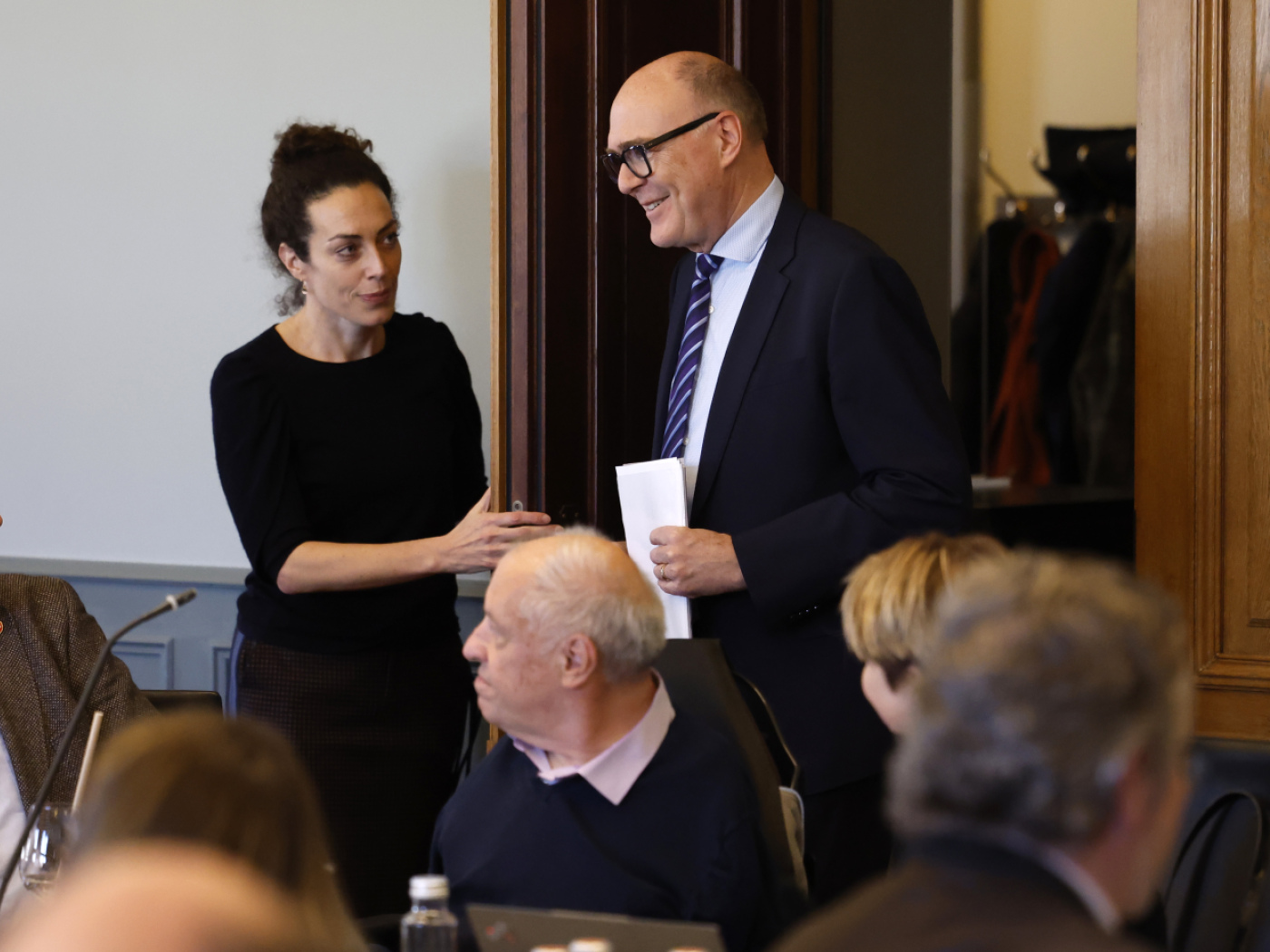‘Writing history’: global leaders demand peace at Swiss-hosted Ukraine summit

Ukraine peace conference begins with strong appeals for resolution.
At the start of the Ukraine conference in Switzerland, participants from around one hundred countries increased the pressure on Moscow to initiate a peace process. On Saturday, Defence Minister Viola Amherd, who holds the rotating Swiss presidency this year, appealed to all those present to work towards the goal of lasting peace. However, she had no illusions that the participants would reach a final agreement by Sunday evening. “But here on the Bürgenstock, we will all take a first decisive step.” Even if there is still a long way to go before consensus is reached on all points, it is important to move forward “word by word, proposal by proposal, step by step”, said Amherd.
Zelensky aims to ‘write history’
Ukrainian President Volodymyr Zelensky emphasised this goal in his opening speech: “We are here today to promote a just peace,” he said. The international community must put a stop to Russia’s war against Ukraine. “I am convinced that we are writing history here at this summit,” said Zelensky.

Putin’s demands met with criticism
US Vice President Kamala Harris sharply criticised Putin. She said that he had always rejected fair peace negotiations to date. Nevertheless, Russia must be included in the peace process sooner or later, Harris said on Saturday evening. Harris left Switzerland again late on Saturday evening. Immediately before the summit, Putin demanded that Ukraine completely renounce the territories of Donetsk, Luhansk, Kherson, Zaporizhia and the Black Sea peninsula of Crimea as a condition for an end to the fighting. The Ukrainian Foreign Ministry rejected this as absurd and manipulative. According to the Tass news agency, the Russian Foreign Ministry described the conference as a “road to nowhere”. From Moscow’s point of view, the West does not want to enter into fair negotiations.
Swiss summit kick-starts Ukraine peace process
Calls for ‘open dialogue’
EU Commission President Ursula von der Leyen appealed to the conference participants to restore Ukraine’s sovereignty and territorial integrity. German Chancellor Olaf Scholz emphasised that a ceasefire without a roadmap would be dangerous for Ukraine’s long-term prospects. French President Emmanuel Macron emphasised this: “Peace will not be achieved through surrender.”
There was consensus that a peace process is inconceivable without Russia. Andriy Yermak, head of the Ukrainian presidential office, expressed his openness in principle to having Russia present at the next peace conference. However, the principles and conditions for this must first be discussed. “It must be recognised by all sides that we are victims of an aggressor,” said Yermak on Saturday.
How the Ukraine conference in Switzerland aims to find a path to peace
Showdown on Sunday The conference continues today, Sunday. Italian Prime Minister Giorgia Meloni only arrived on Sunday. Whether there will be a final declaration accepted by all states was initially unclear.

A host for the next conference is also to be announced. Saudi Arabia has repeatedly been rumoured as a possible host country for a follow-up summit. However, Saudi Arabia’s Foreign Minister Prince Faisal left Switzerland on Saturday evening.
Adapted from German by DeepL/amva
This news story has been written and carefully fact-checked by an external editorial team. At SWI swissinfo.ch we select the most relevant news for an international audience and use automatic translation tools such as DeepL to translate it into English. Providing you with automatically translated news gives us the time to write more in-depth articles.
If you want to know more about how we work, have a look here, and if you have feedback on this news story please write to english@swissinfo.ch.

In compliance with the JTI standards
More: SWI swissinfo.ch certified by the Journalism Trust Initiative


















You can find an overview of ongoing debates with our journalists here . Please join us!
If you want to start a conversation about a topic raised in this article or want to report factual errors, email us at english@swissinfo.ch.